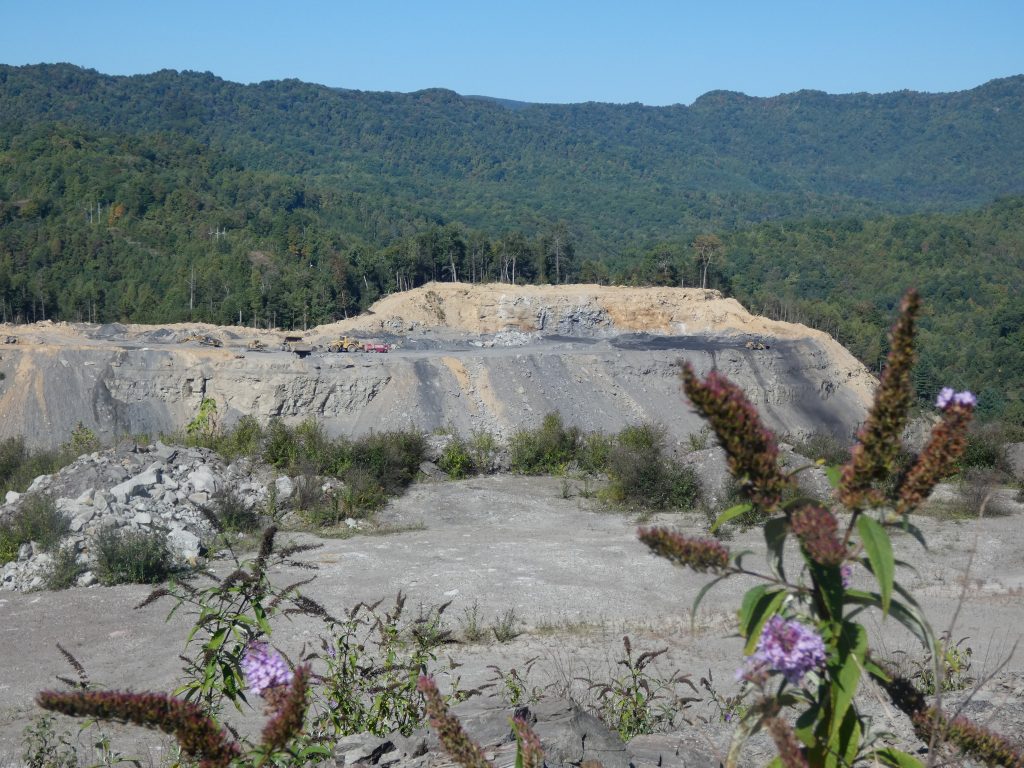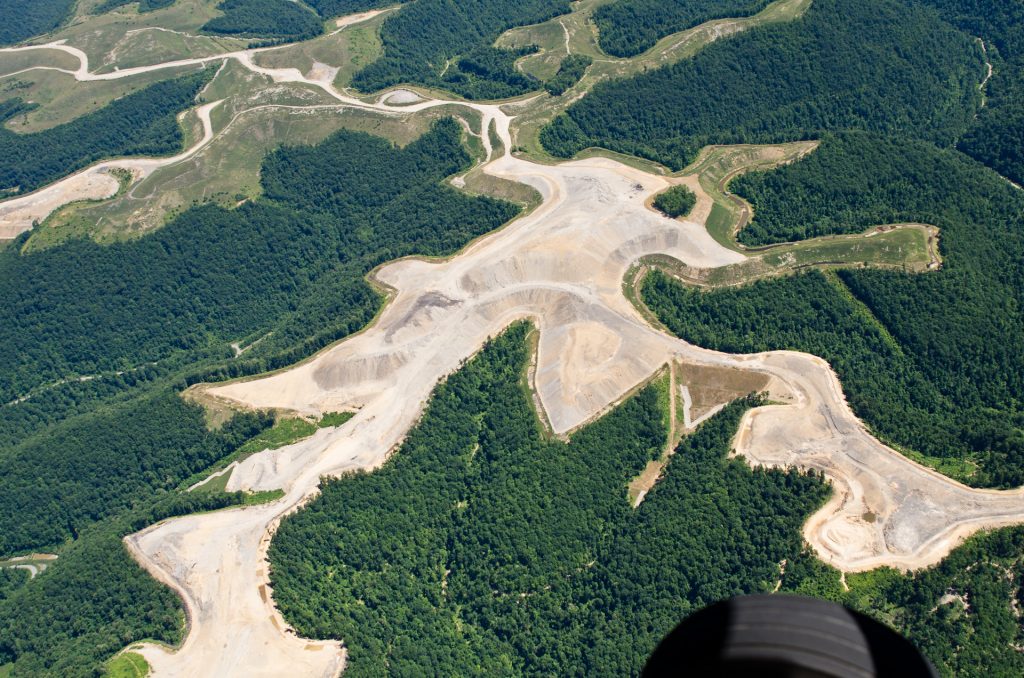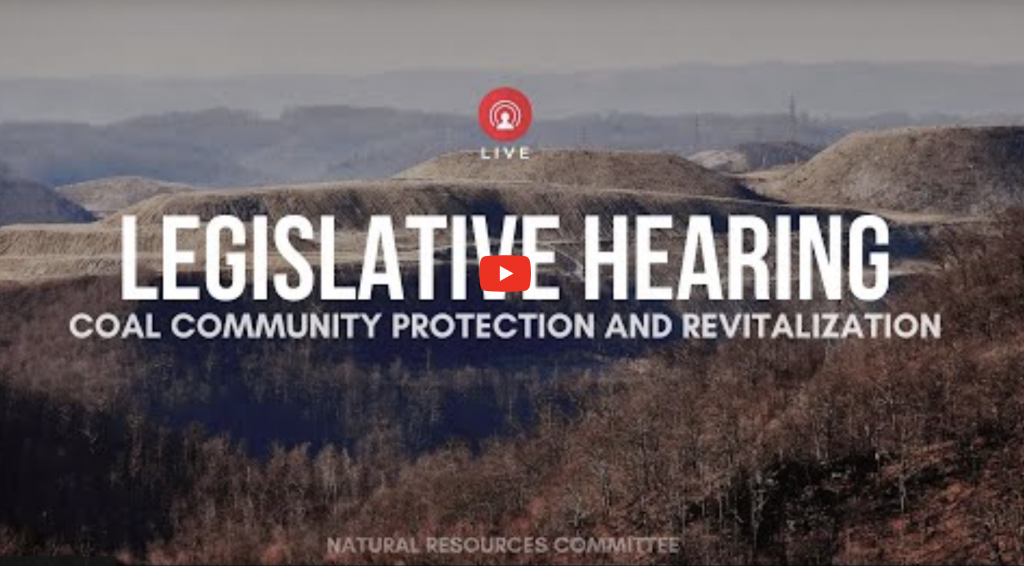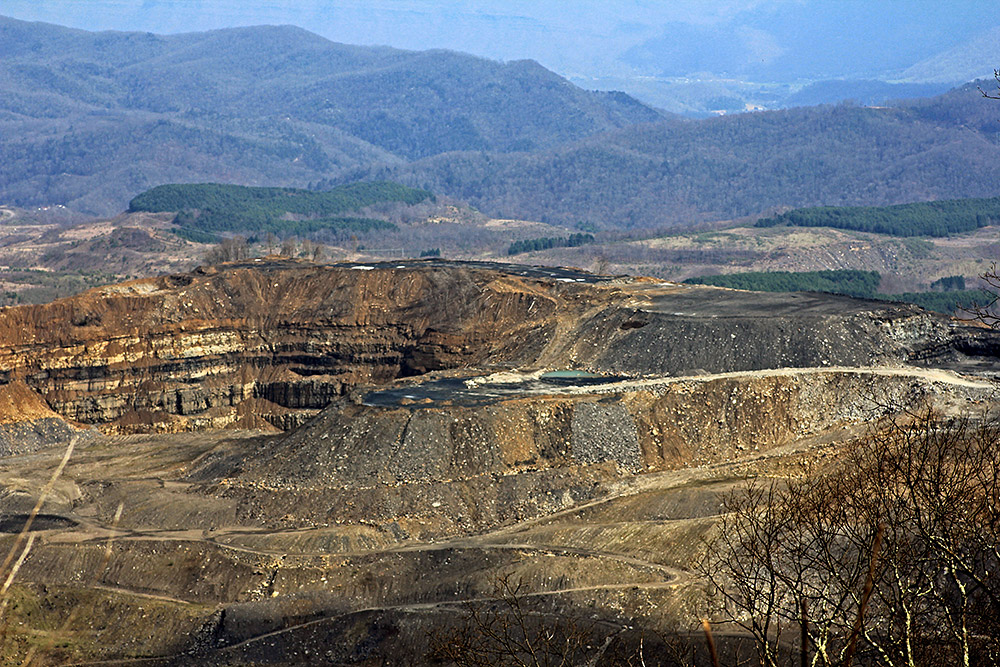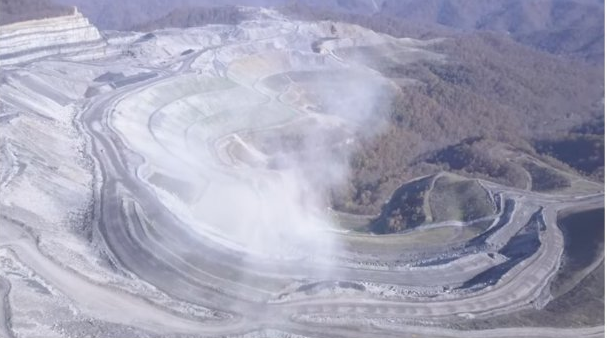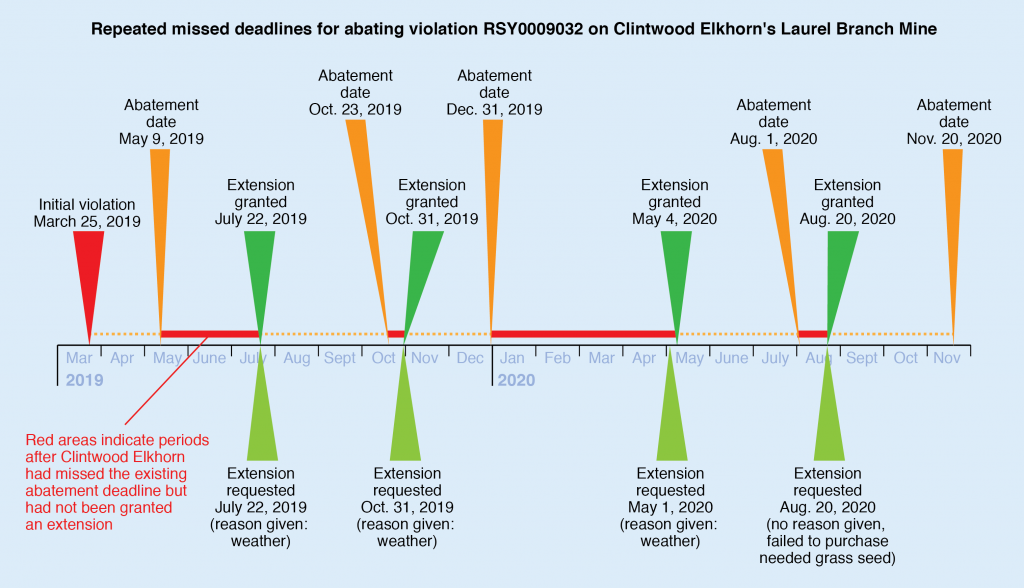Posts Tagged ‘mountaintop removal coal mining’
Opposition to Proposed Prison on Mine
Environmental risks and negative social, economic and mental-health impacts to prisoners and communities are among the concerns voiced over a plan to build a prison on top of a former mine.
Read MoreNo time to waste averting another coal mine cleanup crisis
Regulators are ignoring a growing crisis unfolding in modern mine reclamation. Coal companies are often failing to complete timely reclamation, and safeguards to ensure mine cleanup are failing. Communities are already seeing a new, more devastating wave of abandoned mines — a problem that will get worse without action.
Read MoreCarbon removal on reforested mine lands: One nature-based solution for two deep challenges
Imagine a landscape that, 10 years ago, was a moonscape mountaintop removal coal mine and is now carefully managed as a large-scale working forest growing trees to capture carbon dioxide from the atmosphere and combat climate change. Appalachian Voices is exploring making this vision a reality in the years to come through a reforestation project that engages with the emerging carbon offset market.
Read MoreCongress considers bills to address coal mining impacts at June hearing
During a recent U.S. House Natural Resources subcommittee hearing, Erin Savage of Appalachian Voices and two other Appalachian residents testified about acid mine drainage, abandoned mine sites and the impacts of ongoing mountaintop removal coal mining.
Read MoreCollapse of the coal industry: Problems and recommendations
Coal mine regulations have not kept up with the industry’s collapse, leaving regulators without the money – or the legal tools – to address growing problems of scarred landscapes and polluted waters.
Read MoreDespite Decline of Coal, Mining Remains Aggressive on Coal River Mountain
Despite a national coal downturn, mining has not slowed much in Raleigh County, West Virginia, where companies have proposed two new mountaintop removal coal mines.
Read MoreCompany’s bankruptcy makes it harder for residents to address problems with nearby mines
People living near a pair of Virginia mountaintop removal coal mines have long complained about blasting and dust. Now, the company’s bankruptcy makes it even harder for nearby residents to get relief.
Read MoreInsects Carry Traces of Mountaintop Removal Mining
Years after mining ends, selenium pollution from mountaintop removal coal mining operations still accumulates in insects downstream.
Read MoreOver 100 Miners Heading to Washington to Advocate for Black Lung Benefits
Over 100 miners from across the Appalachian region are traveling to Washington D.C. this week to lobby lawmakers on a number of issues related to black lung disease, a fatal respiratory condition caused by continuous exposure to harmful dust and rock particles in and around coal mines.
Read MoreKentuckians Petition State to Block Surface Mining Near Two Towns
Filers of the petition argue that future surface coal mining near Benham and Lynch, Ky., would harm residents’ health and enjoyment of the area, as well as the towns’ historic character and attempts to attract tourism.
Read More
